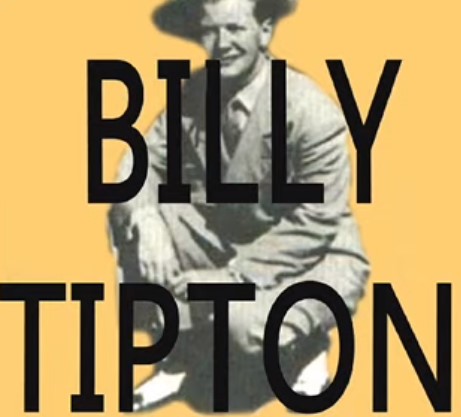The documentary «No Ordinary Man» is not just a biography of Billy Tipton, but also a critical lens on how culture has depicted trans men.
In trans masculine circles, Billy Tipton is seen as both an ancestor and a martyr. The jazz musician came up in a time when there were not yet any medical advancements in trans-affirming surgeries in the United States, much less a language or a subculture that could have made his life easier. He held the secret of being assigned female at birth for decades, until he was pronounced dead in his trailer with his adopted son and namesake Billy Jr. present. The grieving Billy Jr. was then abruptly told by an EMT that the man who loved and raised him, who stubbornly avoided medical treatment despite deteriorating health for unclear reasons, was not the cisgender patriarch he was led to believe. A transphobic national media circus ensued, persisting for several years and doing considerable harm to both Tipton’s memory and family. With that in mind, the documentary No Ordinary Man: The Billy Tipton Documentary is not just a corrective about Tipton, but also a broader critique of how the media fails to understand trans masculine perspectives and stories – both before Tipton’s death and since then.
Continue Reading: A Portrait of Trans Masculinity in the Story of a Jazz Musician (Caden Mark Gardner)
Revered jazz musician Billy Tipton gained fame throughout the United States in the 1940s and ’50s. His trans identity was not known throughout the echelons of the jazz and pop worlds, and it wasn’t revealed publicly until after his death in 1989. For decades, Tipton was portrayed as an ambitious woman “passing” as a man in pursuit of a music career at a time when the industry was dominated by men and trans representation was virtually non-existent. Since then, he has become a foundational icon of transmasculinity.
Continue Reading: No Ordinary Man (Aisling Chin-Yee, Chase Joynt)


